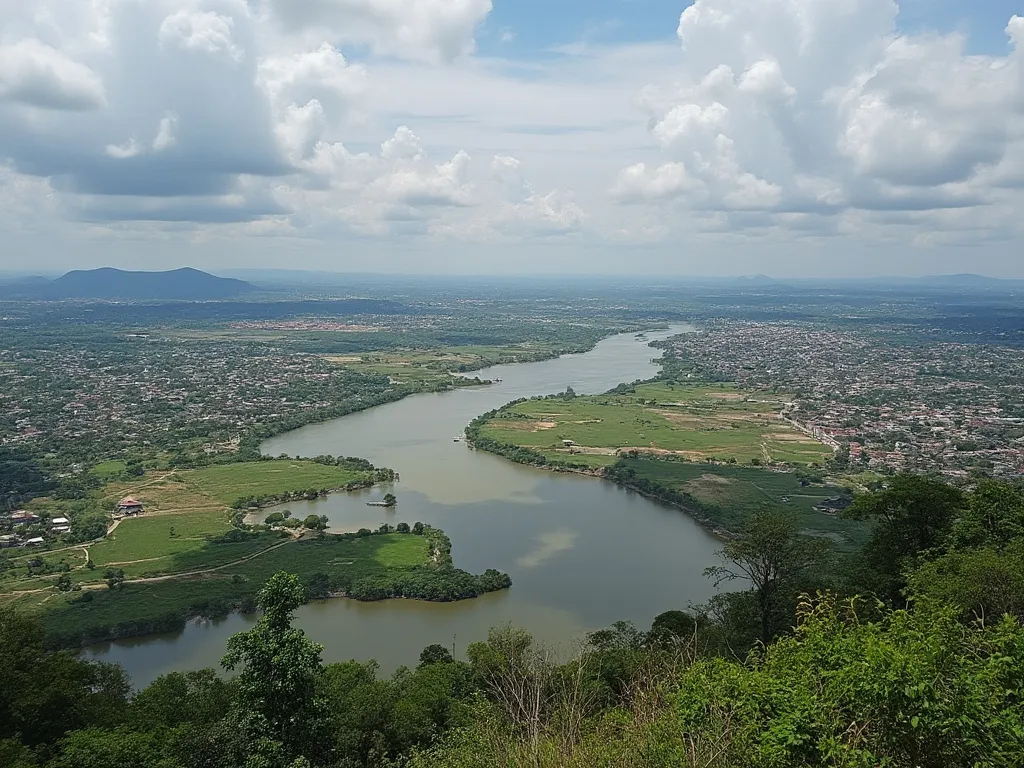
Ndjamena, also known as N'Djamena, is the capital and largest city of Chad, a landlocked country in Central Africa. The city is situated on the confluence of the Chari and Logone rivers, and its strategic location has made it an important hub for trade and commerce in the region.
Ndjamena information
| Country | 🇹🇩 Chad |
| Population | 1,092,066 (2020 estimate) |
| Coordinates | 12°06′N 15°02′E |
| Area | 104 km² (40 sq mi) |
| Climate | Semi-arid (Köppen climate classification BSh) |
| Language | French, Arabic |
| Currency | Central African CFA franc (XAF) |
| Time zone | West Africa Time (WAT) (UTC+1) |
| Proximity to other major cities | N'Djamena is located near the confluence of the Chari and Logone rivers, approximately 1,000 km (620 mi) from the Atlantic coast |
Interesting facts about Ndjamena
- Ndjamena is home to the largest mosque in Chad, the Grand Mosque of Ndjamena.
- The city has a vibrant market scene, with several large markets selling everything from fresh produce to handicrafts.
- Ndjamena is home to the University of Ndjamena, one of the largest universities in Chad.
- The city has a growing expat community, with several international organizations and NGOs based there.
Tourist attractions in Ndjamena
- The National Museum of Chad, which showcases the country's history, art, and culture.
- The Grand Mosque of Ndjamena, one of the largest mosques in Chad.
- The Ndjamena Cathedral, a beautiful Catholic cathedral built in the 1950s.
- The Marché Central, a large market selling everything from fresh produce to handicrafts.
Historical background of Ndjamena
Ndjamena was founded in 1900 by the French as Fort-Lamy, named after the French army officer Amédée-François Lamy. The city remained a small colonial outpost until the 1950s, when it began to grow rapidly as the capital of the newly independent Chad. In 1973, the city was renamed Ndjamena, which is derived from the Arabic word "njāmīnā," meaning "place of rest."
Geographical location of Ndjamena
Ndjamena is situated in the southwestern part of Chad, near the confluence of the Chari and Logone rivers. The city is located in a semi-arid region, with a hot desert climate characterized by very little rainfall and high temperatures throughout the year. The city's elevation is approximately 300 meters (984 feet) above sea level.
Cultural significance of Ndjamena
Ndjamena is a culturally diverse city, with a mix of African, Arab, and French influences. The city is home to several museums, including the National Museum of Chad, which showcases the country's history, art, and culture. The city also hosts several festivals throughout the year, including the Ndjamena International Festival, which celebrates music, dance, and theater from across Africa.
Economic importance of Ndjamena
Ndjamena is the economic hub of Chad, with a diverse economy that includes agriculture, manufacturing, and services. The city is home to several major industries, including cotton, textiles, and food processing. The city's strategic location also makes it an important center for trade and commerce in the region.
Conclusion on Ndjamena
In conclusion, Ndjamena is a vibrant and culturally diverse city that offers a unique blend of African, Arab, and French influences. From its rich history and cultural significance to its economic importance and tourist attractions, Ndjamena is a city that has something to offer for everyone.
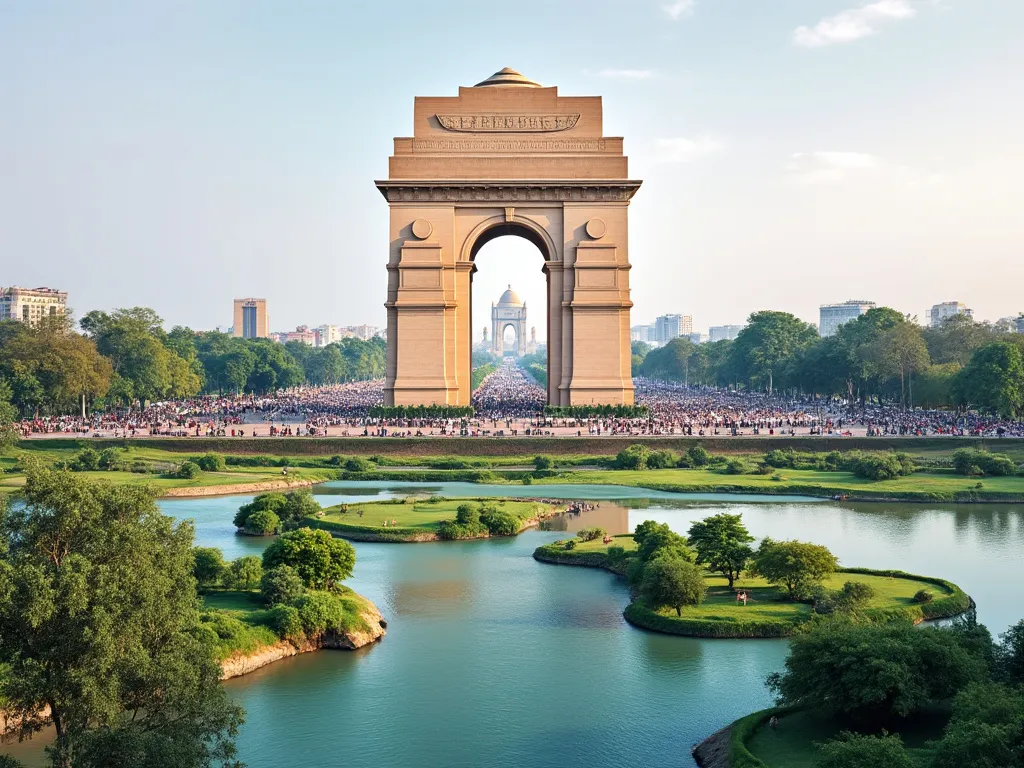 New Delhi
New Delhi
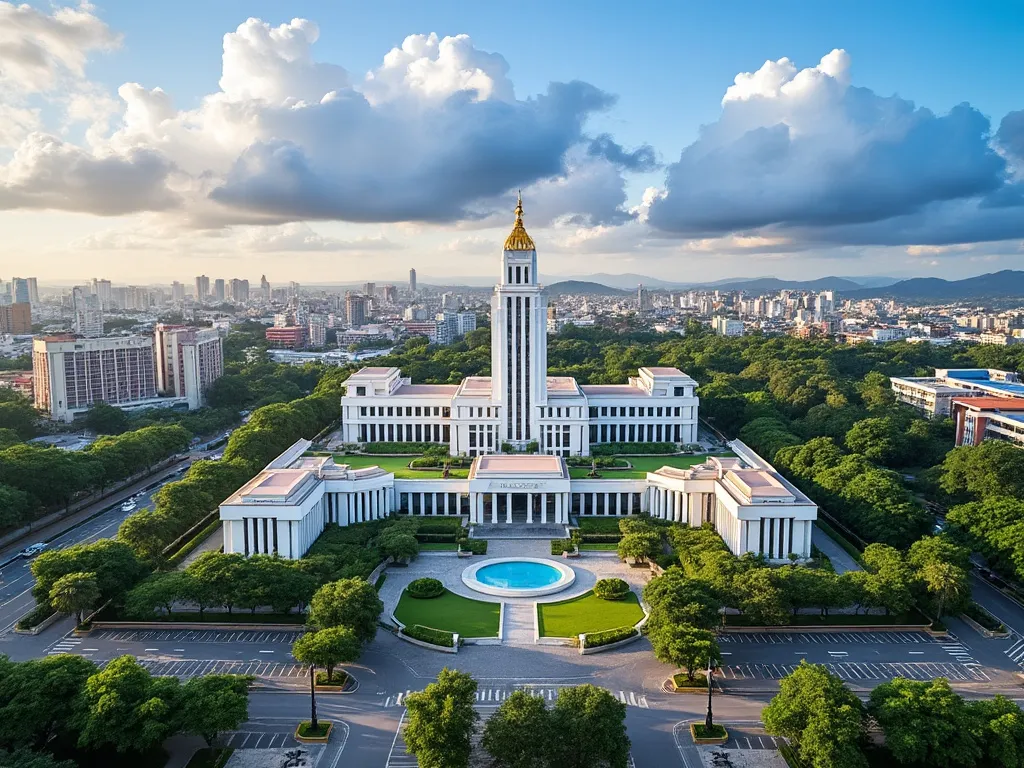 Ngerulmud
Ngerulmud
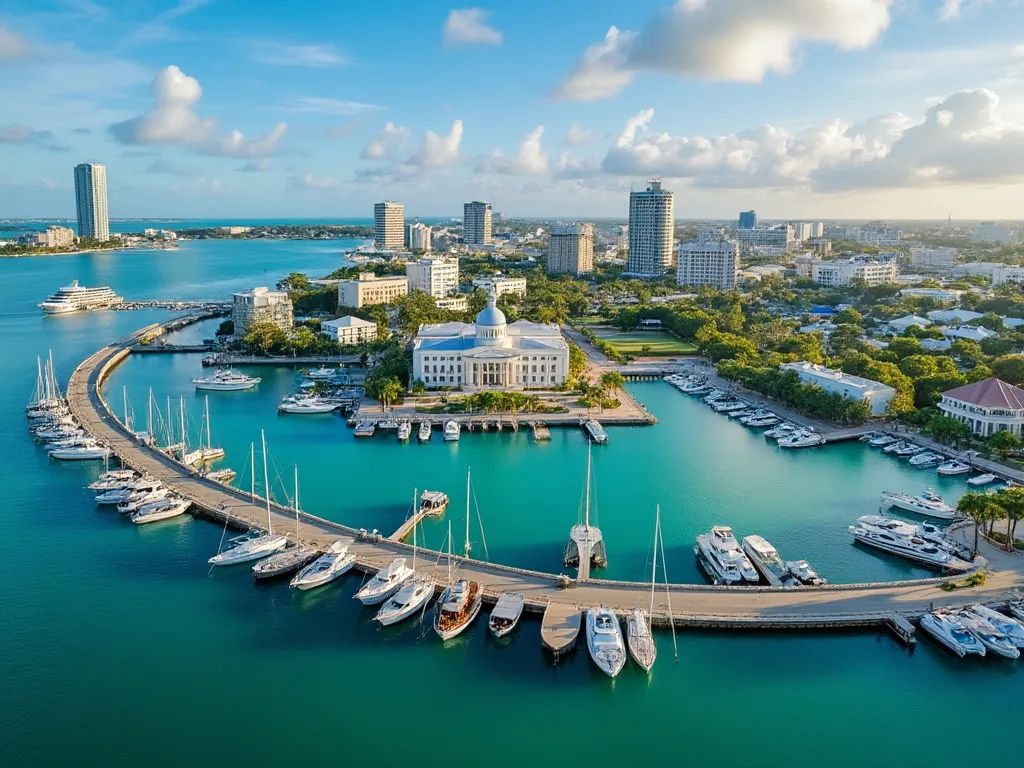 Nassau
Nassau
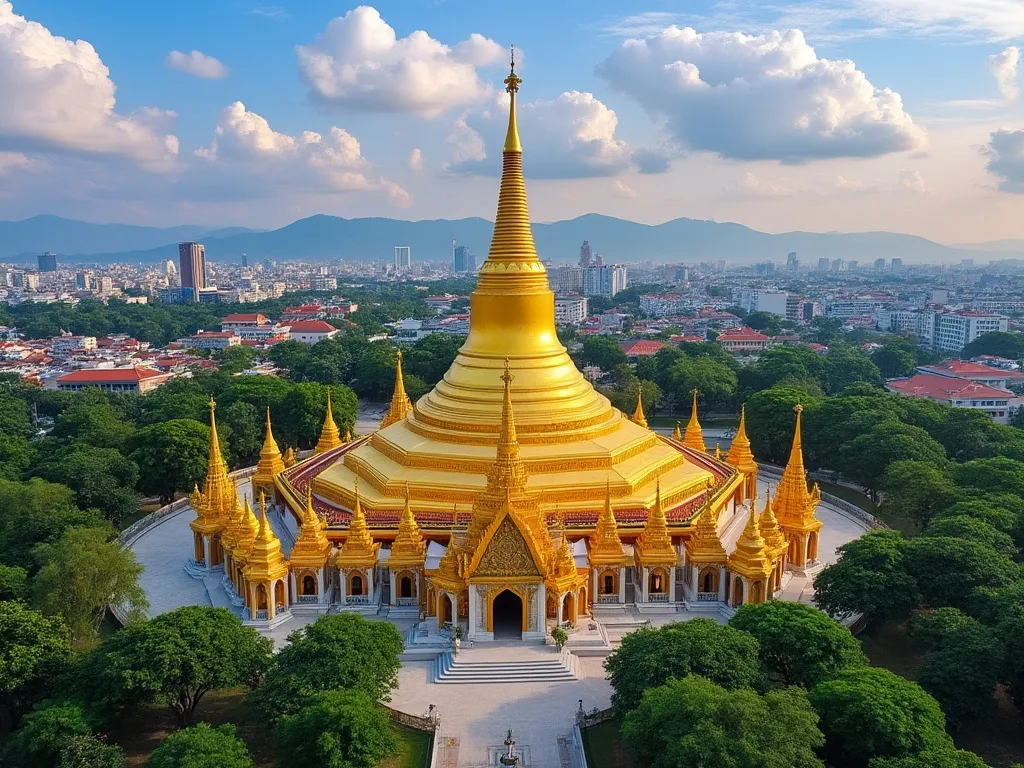 Naypyidaw
Naypyidaw